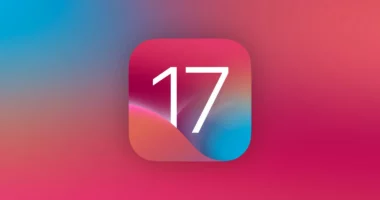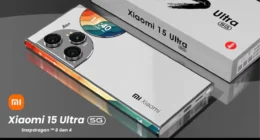Google is compelled to modify its Android licencing policies in yet another country, India. Despite the fact that these agreements with manufacturers are always a closely guarded secret, we periodically learn more about them through various leaks. This weekend’s news from Kuba Wojciechowski demonstrates how manufacturers can now sell Android in India relative to the rest of the world.
Android has a staggering 97 percent market share in India, which, as the second-largest smartphone market in the world after China, amounts for 600 million handsets. Google lost an antitrust case in India approximately three weeks ago, with the Competition Commission of India (CCI) announcing new restrictions regarding how Google can package Android with other Google services.
The CCI also fined Google $161 million—roughly five hours’ worth of Alphabet’s annual sales of $282 billion, or around 25 cents for each of India’s 600 million smartphones.
All OEMs must sign the “Mobile Application Distribution Agreement” (MADA) in order to licence the Play Store or other Google applications. This thread by Wojciechowski describes modifications to this document. The standard MADA mandates the bundling of eleven Google applications, including Play Store, Search, Chrome, Drive, Gmail, Meet, Maps, YouTube Music, Google Photos, Play Movies and TV, and YouTube.
There are also “placement” requirements for the default layout of the home screen’s first page, such as having a Google Search bar in the centre and a folder containing Google apps. If you’re licencing from Google, you’ll be able to narrow this list down to the Play Store in India. (If you don’t want the Play Store, you’re creating a fork of Android and don’t need to interact with Google at all.)
All of the various monopoly rulings throughout the world have fragmented this document, and Wojciechowski now claims that while the “MADA” document applies to the majority of the world, a “IMADA” document applies to India, “EMADA” applies to the European Union, and a “TMADA” document applies to Turkey. The restrictions vary from country to country.
Google’s strategy appears to be that anyone who signs these region-specific MADA contracts will be required to restrict the software build to that region and bear the cost of sustaining a second software build. Also, they could simply sign the standard global MADA document, which has all the previous Google bundling restrictions, and have a single software build across multiple locations.
Formerly, Google supplied Android to OEMs for free and recouped the cost of Android development through Play Store payments and Google Advertising from services such as Search and Maps.
This concept is so profitable that Google would split a portion of its ad revenue with OEMs, effectively paying them to choose Android instead of competing operating systems. In the European Union, OEMs that choose to exclude Google services will be charged an upfront fee for Android, up to $40 per device, and will not receive revenue sharing.
In India, it appears that a similar revenue-sharing model will be used to maintain order. Wojciechowski writes about a “Indian Placement Agreement” that provides a “per-app bounty” for OEMs that opt to include any Google app. Just as in the EU, antitrust decisions may attempt to eliminate Google’s Android’requirements,’ but in their stead OEMs will have two highly unequal ‘options’ to choose from.
Either companies either follow Google’s old regulations and get paid to use Android, or they may choose not to follow the rules and pay out of pocket for Android and try to make up the lost money elsewhere.
Related Articles:
Google, Microsoft and 15 other technology companies headed by Indian-origin executives
How to Use ChatGPT? Chat GTP Login, Steps chat.Openai.Com
Apple Has Something Superior to The New MacBook Pro, So You Can Forget About It.








